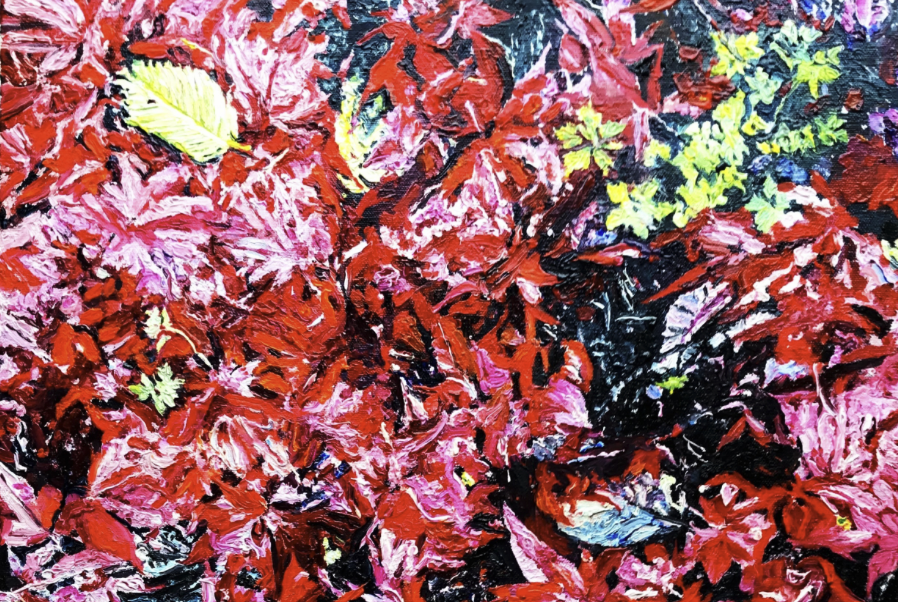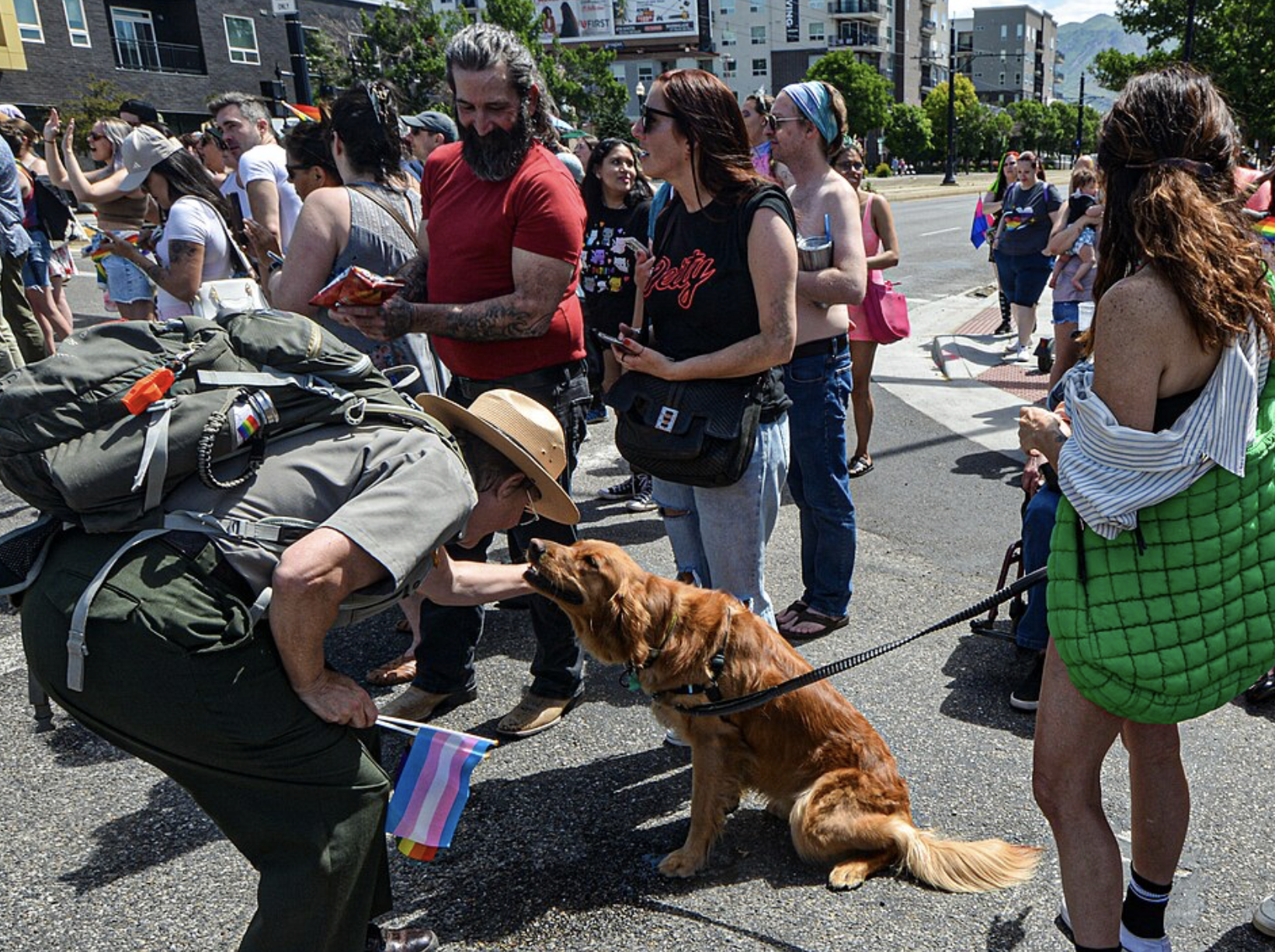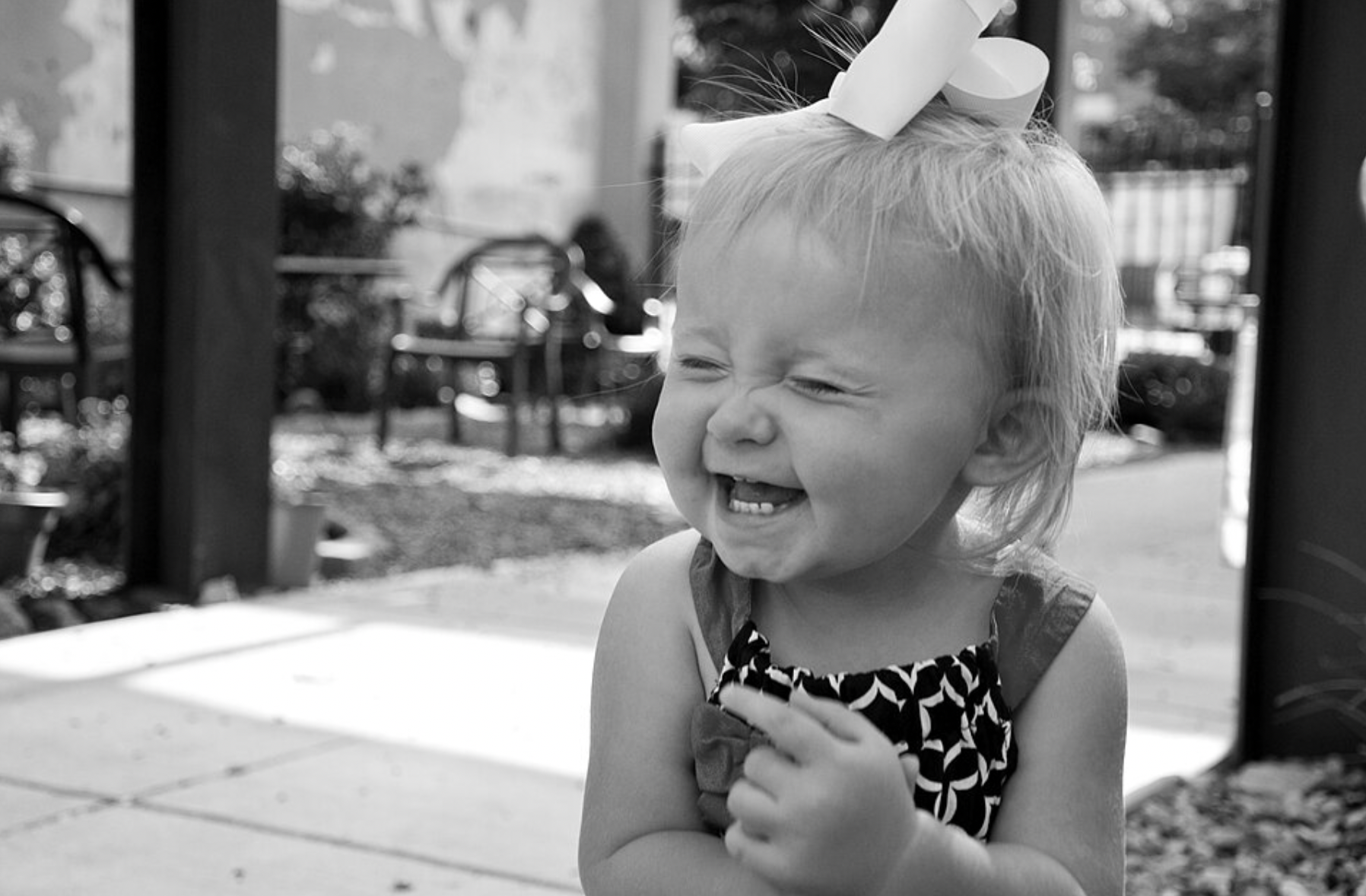Building The Community I Want to Live In
Building community is about looking out for the generations to come.

Building The Community I Want To Live In
I grew up in a 1950s Auckland neighbourhood. We knew everybody in the street, and they knew us. We knew all the cats too. Our backdoor was never locked, and the front door was never used. If you were cooking and ran short of an ingredient you didn’t go to the shop, you asked your neighbour. Very few properties had fences or gates. By 5 o’clock every dad was home from work, and nobody seemed to work weekends. So there was time to chat, to have hobbies, to help one another out, and make things.
While I don’t want to idealize the past, for looking beneath the surface it wouldn’t be hard to find a blinkered monoculturalism and a presumptive androcentrism, I still value the ideal of neighbourhood and neighbourliness, and think they’re worth striving for.
So when I walk down the street, I try to say hello to everyone I see. I pick up some rubbish, and smile at children and dogs. I try to encourage and support anything that helps make a street a community, from sharing the garden’s excess, to adding to little libraries, to attending events like church fairs. I try to live in a way that builds the community I want to live in, a place where we know each other, are kind to each other, and look out for each other.
Building the community I want to live in involves not just kindness to neighbours but kindness to birds, trees, our beaches, and seas. The ecological health of the whole affects the health of us all. Looking out for the whole is not just the job of politicians and other public servants, but a vocation of each and all of us. And looking out for the whole takes the investment of time, resources, and belief.
Building the community I want to live in also means learning about those who are different from me, and honouring their dignity and mana. Learning and honouring history. Learning and honouring the ways of the land, and hearing its heartbeat. Learning from the first peoples, and learning Te Reo. Learning about the journey of immigrants, including my own forebears. Learning what makes for good interactions between cultures and classes, cultivating more of it, and avoiding what is harmful. Honouring everyone.
Building the community I want to live in means creating the spaces for silence and meditation, like parks and buildings. It means creating spaces that are friendly and welcoming to children, that encourage play and creativity, and experimenting with music. It means creating spaces for beauty, for dreaming, astonishment, and thankfulness. Such creating means we need to invest time, resources, and belief in painters, sculptors, writers, architects, poets, actors, and other disturbers of the rapacious myths that it's ‘everyone for themselves’ and ‘only money matters.’
Building the community I want to live in means caring about the weekly wage of our neighbour. Is it enough to live on and participate in the community? Is the wage less because our neighbour is a woman? Does our neighbour have a job that gives them purpose? Does our neighbour have a job at all? Sometimes building the community I want to live, where the poorest don’t have to beg and the richest willingly pay lots of tax to help others, means changing attitudes, changing laws, campaigning for fairness and equity, and championing unpopular causes.
There’s an old story about hell being a long banquet table, with sumptuous food, but everyone had only metre-long spoons, and thus a person couldn’t get the food into their own mouth. The story went on to describe heaven as being exactly the same, save that people had learnt to feed each other.
Now at my stage of life, building community is about looking out for the generations to come. It’s about tending seedlings that I will never see become great trees. I want to bequeath to all the children and grandchildren a community that cares, that creates, that includes, that wrestles with difficulties and finds solutions. And a community where there is always room at that table where everyone can find a feed.
Rev Glynn Cardy
(photo from https://www.workaway.info)




